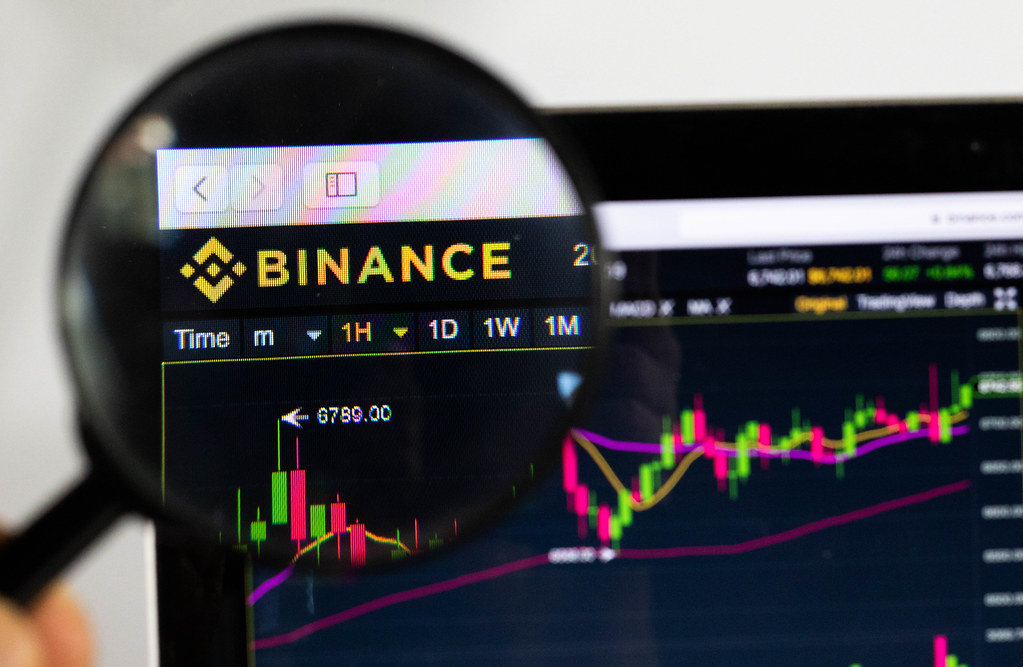In the world of cryptocurrency exchanges, allegations and clarifications about listing policies can stir significant discussions. Recently, Binance co-founder Yi He addressed claims on the social media platform X, where it was alleged that Binance demanded 15% of a project’s token supply for listings. These allegations were originally posted by the CEO of Moonrock Capital, a crypto-native advisory and investment firm.
Clarifications on Binance’s Listing Policy
Yi He clarified that Binance’s approach to listing tokens involves a thorough vetting process and does not include demanding a percentage of tokens or fixed fees from projects. Since 2018, Binance has adopted a policy where all listing fees are transparently donated to charity. The platform allows project teams to suggest what they might offer as a ‘donation’ for listing, emphasizing that there is no minimum required fee, thereby reframing the concept of listing fees entirely.
The controversy also spotlighted the practices of other major exchanges. Andre Cronje, a well-known figure in the crypto community, joined the debate by making similar accusations against Coinbase, highlighting a perceived industry-wide issue with how centralized exchanges manage listing fees.
The backdrop to these discussions is a broader downturn in market activity. September 2024 saw significant declines in trading volumes across major exchanges like Binance, Coinbase, and others, with reductions ranging from 20-30%. This downturn is attributed to a combination of geopolitical tensions, uncertainties surrounding the upcoming 2024 US elections, and a noticeable pivot towards decentralized exchanges.
The Scroll Example
Further complicating the narrative around centralized exchanges was Binance’s recent decision to list Scroll, an Ethereum layer-2 scaling solution. This move drew criticism from the crypto community, with some arguing that it compromised the decentralized ethos that projects like Scroll are supposed to uphold. Community member Zeng Jiajun highlighted this tension by asking followers to imagine a scenario where Ethereum’s creator, Vitalik Buterin, had to pay a significant fee to list Ether on an exchange, pointing out the absurdity and potential conflict with the principles of cryptocurrency.
These listing controversies bring to light the ethical and practical challenges facing centralized exchanges. They must balance the need for revenue to maintain and enhance their platforms, against the crypto community’s values of transparency, fairness, and decentralization. As the crypto landscape evolves, the responses of exchanges to these challenges will be critical in shaping their roles and reputations within the industry.
Crypto Listings and Exchange Ethics
The ongoing discourse surrounding Binance and other exchanges’ listing policies highlights a crucial junction in the evolution of the cryptocurrency markets. As centralized platforms continue to serve as significant gatekeepers in the industry, their policies on listings, fees, and transparency remain under scrutiny. This scrutiny not only reflects the growing pains of a maturing market but also underscores the need for these entities to align more closely with the decentralized ethos that many in the crypto community hold dear.
As the industry progresses, it will be vital for exchanges to engage openly with these ethical considerations, ensuring they do not undermine the very principles that make cryptocurrency unique. Balancing profitability with ethical practices will likely become a more pronounced theme as public scrutiny increases and the market continues to evolve.











